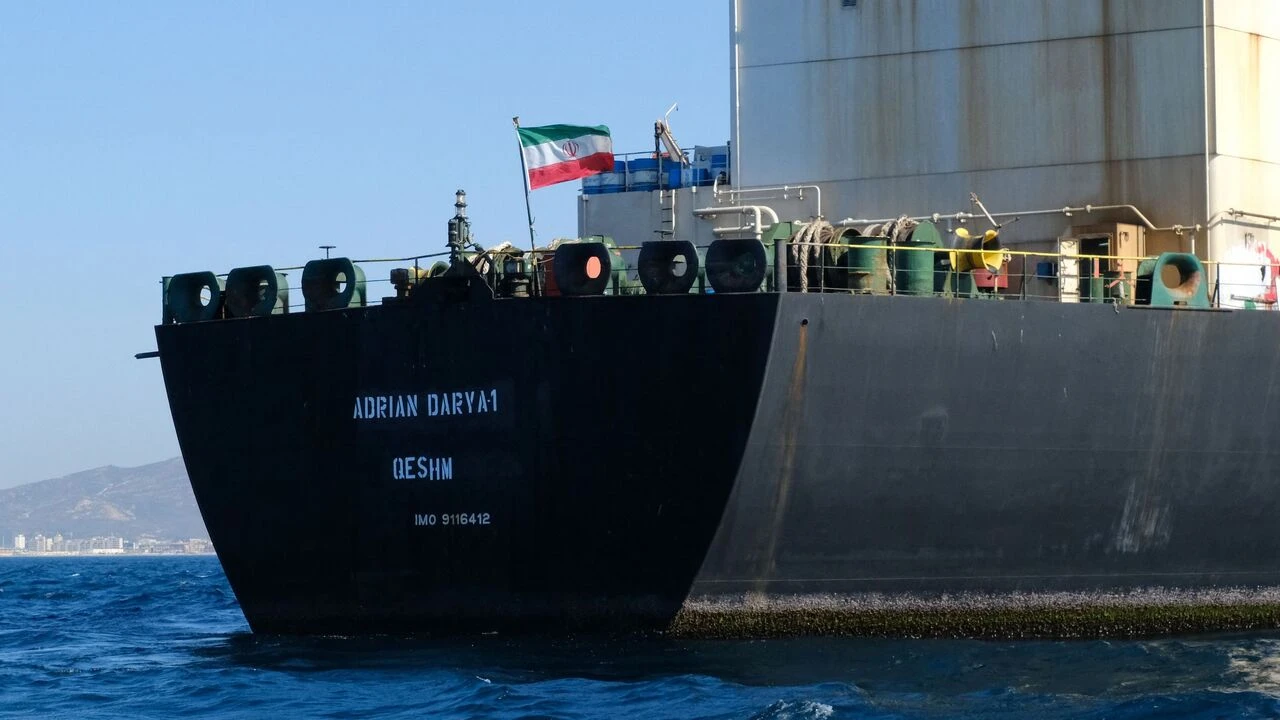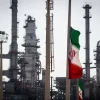The Trump government is reportedly trying to lure Tehran back to negotiations with possible sanctions relief and help building a civil nuclear program
Chinese imports of Iranian oil witnessed a significant jump in the month of June due to a surge in shipments prior to the recent war and a rise in demand from independent refineries.
China, the world’s leading importer of and biggest purchaser of Iranian crude oil, imported over 1.8 million barrels per day (bpd) between 1 June and 20 June, ship tracker Vortexa revealed.
According to analytics firm Kpler, the month-to-date average of China’s Iranian oil imports stands at 1.46 million bpd as of 27 June, up from one million bpd the month before.
The surge in imports is in part due to accelerated discharge of large amounts of Iranian oil by sea, after Iranian export loadings surged to a multi-year high of 1.83 bpd, Kpler data revealed.
Usually, it takes a minimum of one month for sanctioned Iranian oil to arrive at Chinese ports.
On 26 June, CNN cited sources as saying that US President Donald Trump’s administration is discussing the possibility of helping Iran obtain up to $30 billion to develop a civilian nuclear energy program, ease sanctions, and unfreeze billions in Iranian assets – as part of an intensive effort to “bring Tehran back to the negotiating table.”
Several preliminary proposals were reportedly presented to Iran, which are still evolving, but one condition remained non-negotiable: the complete halt of Iran’s uranium enrichment, a demand that Iran has consistently rejected.
When asked about possible US investment in Iran’s energy sector in an interview with Al-Monitor, Iranian Ambassador to the UN Saeed Iravani said Tehran would be open to the idea, but not as a “bargaining chip” for Iran to give up uranium enrichment on its soil.
A day earlier, Trump said China could continue to purchase Iranian oil.
“China can now continue to purchase oil from Iran. Hopefully, they will be purchasing plenty from the US, also,” the president stated, sparking questions on whether sanctions have been partially lifted.
The White House clarified to Reuters that Trump’s statement did not indicate an easing of sanctions on Iran.
“The president continues to call on China and all countries to import our state-of-the-art oil rather than import Iranian oil in violation of US sanctions,” a White House official told the outlet.
Trump reinstated his maximum pressure policy on Iran upon entering office for his second term earlier this year, particularly cracking down hard on Iranian oil exports.
Following the 12-day US-Israeli war against the country this month, Iran has yet to decide whether it will return to nuclear negotiations with Washington.
Trump has claimed that negotiations with Iran are scheduled for next week.
Iranian Foreign Minister Abbas Araghchi said on Thursday that Tehran has no current intention to meet Washington and is still evaluating whether future talks serve its interests.
He added that previous negotiations were derailed after US and Israeli attacks on Iran’s nuclear facilities, and Iranian authorities are reassessing the country’s nuclear program in light of the attacks, which will guide Tehran’s diplomatic approach moving forward.
“Trump encouraged Netanyahu to strike Iran after failing to subdue us and force us to give up our nuclear rights – and we will never relinquish those rights. We have bitter experience with Washington, which betrayed the negotiation track. Our decisions are tied to the interests of our people,” he said, stressing that “there is currently no understanding for renewed talks with the US.”
Source






